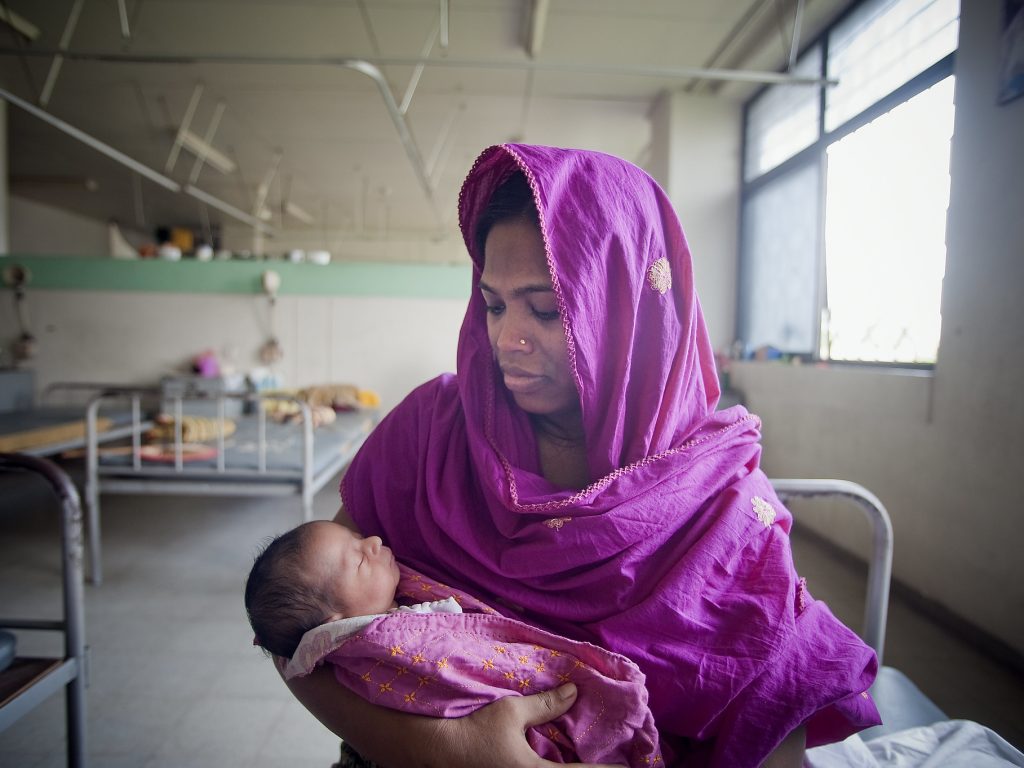Location: 1400 16th St NW, Washington, DC
Followed by a Networking Lunch
Part of the Keough School’s speaker series Evidence to Action: Translating Research Into Policy Impact.
Since gaining independence in 1971, Bangladesh has experienced rapid economic development and achieved remarkable progress in its health sector, including nutrition.
What are the key policy interventions that help explain success? What governance lessons can policymakers apply elsewhere, and what can they learn from comparative public health interventions across the Global South?
Join us for an expert panel featuring Mushtaque Chowdhury, who will present a recent book he co-edited, 50 Years Of Bangladesh: Advances In Health. Accompanying panelists will discuss policy success and pending challenges from comparative experiences on maternal health as well as water, sanitation and hygiene (WASH) and nutrition from Ecuador, Ethiopia, Ghana, and India.
A networking lunch will follow to discuss comparative policy implications and research collaboration with Washington-based policy makers and academics working on global health.
Presented by the University of Notre Dame’s Keough School of Global Affairs and its Pulte Institute for Global Development, and by the International Food Policy Research Institute and the University of Notre Dame’s Eck Institute for Global Health.
Photo: United Nations Photo / Kibae Park. “Maternal Health in Developing Countries” is licensed under CC BY-NC-ND 2.0 DEED.
